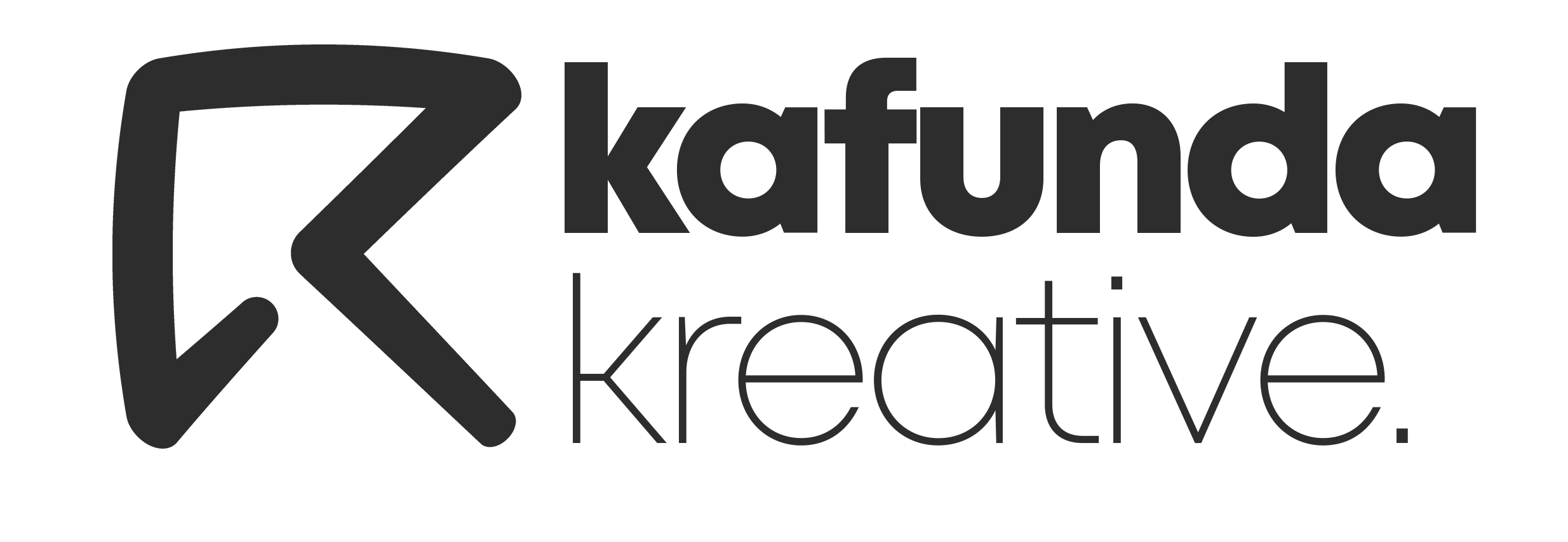EVERYTHING YOU NEED TO KNOW ABOUT THE KOLA DESIGN FELLOWSHIP, 2021
- David Ogutu
- Sep 8, 2021
- 3 min read
Since 2019, we have run a 10 day fellowship as part of the Kampala Design Week, in collaboration with different partners. With the idea of design still nascent in our context, this fellowship allows us an opportunity to deep dive into specific areas of the design process e.g materiality, circular design et al. Previous fellows have gone on to design installations for Bayimba Music Festival, a major music festival across the East African region.
Additionally, this fellowship highlights a focus on a specific aspect of design. This year, the Kola Design Fellowship has a primary focus on Circular Design. This will run for 10 days and will be in collaboration with partners; Kafunda Kreative(Media & Marketing Partners); Faculty of the Built Environment, Uganda Martyrs University (Learning and Execution Partners), and LocalWorks (Industry Experts).
The fellowship will bring 10 students and early-stage design practitioners together to
1. Understand,
2. Translate for our context and
3. Make Practical the concept of a Circular Economy.
The structure of the program will have the first two days dedicated to a crash course on the circular economy. The Fellows will be broken into groups of five, each group will focus on one of the three aspects of the circular economy.
The outcome of each group will be to provide both a theoretic/ hypothetical solution for debate as well as a practical solution for implementation. The hypothetical solutions will then provide a basis for our panel discussions during the design week while the practical solutions will be put up for exhibition.
Collaborative Partners
Faculty of the Built Environment: Uganda Martyrs University, Nkozi: Uganda Martyrs University is located along the Equator at Nkozi, 80 km west of Kampala, the capital city of Uganda. Opened in October 1993 with 84 students and two academic departments, UMU currently has 7 Faculties, 1 Institute, 3 Schools, 3 Directorates; and about 5,000 students, of whom about 1,500 are full-time residents on campus. The remaining 2,500 and 1,000 participate in distance learning and part-time programs respectively at the university campuses in Kabale, Kampala, Masaka, Mbale, and Lira.
Kafunda Kreative: A fellowship of creatives learning from one another, growing together, and collaborating to tell stories that change minds, transform communities and build memorable brands, products, and services LocalWorks:
Localworks is an award-winning multidisciplinary design and build collaborative, based in Uganda, that specializes in the design and realization of ecological architecture in East Africa. To their clients, Localworks provides one-stop masterbuilder services with a proven track record of successfully delivering complex projects in difficult environments.
Design without Borders: DwB is a design and innovation consultancy that uses Human Centered Design practices to address complex challenges faced by organisations, businesses and communities in low and middle-income countries. DwB’s diverse team adopts a participatory approach with a strong emphasis on end user involvement to deliver sustainable solutions within multiple design disciplines, including products, systems and services. Our Approach The first step to any long-lasting system change is education on the value of changing the system.
The fellowship will therefore be structured to achieve this. It will kick off with a detailed study of the circular economy. This will be covered in the first two to three days. The three principles of the circular economy / design we will be looking at are;
● Eliminate Waste and Pollution
● Keep products and materials in use
● Regenerate natural systems
The teams will be broken into groups of five individuals each. The groups will each be assigned a deeper dive into one of the focus areas of the Circular Economy. The fellows will be expected to develop both theoretical and practical solutions to identified challenges within the regeneration of natural systems; designing out waste and pollution and keeping products and materials in use. The theoretical solutions will be conversation starters and the exhibition will showcase practical solutions. These solutions will be tailored for our context primarily but, with a few tweaks, could be scaled to other locations.
This approach will begin by impacting a small number of pioneers. It’ll reach 10 people deeply who will then immediately be given a platform to share with others over panel discussions and also execute on what they have learnt through exhibitions.
Long term impact will be measured via adoption of suggested solutions while short term impact will be measured through monitoring online conversation tracked by a dedicated hashtag. A principal challenge we are looking to eliminate is the ubiquitous use of plastic polythene bags.



Comments